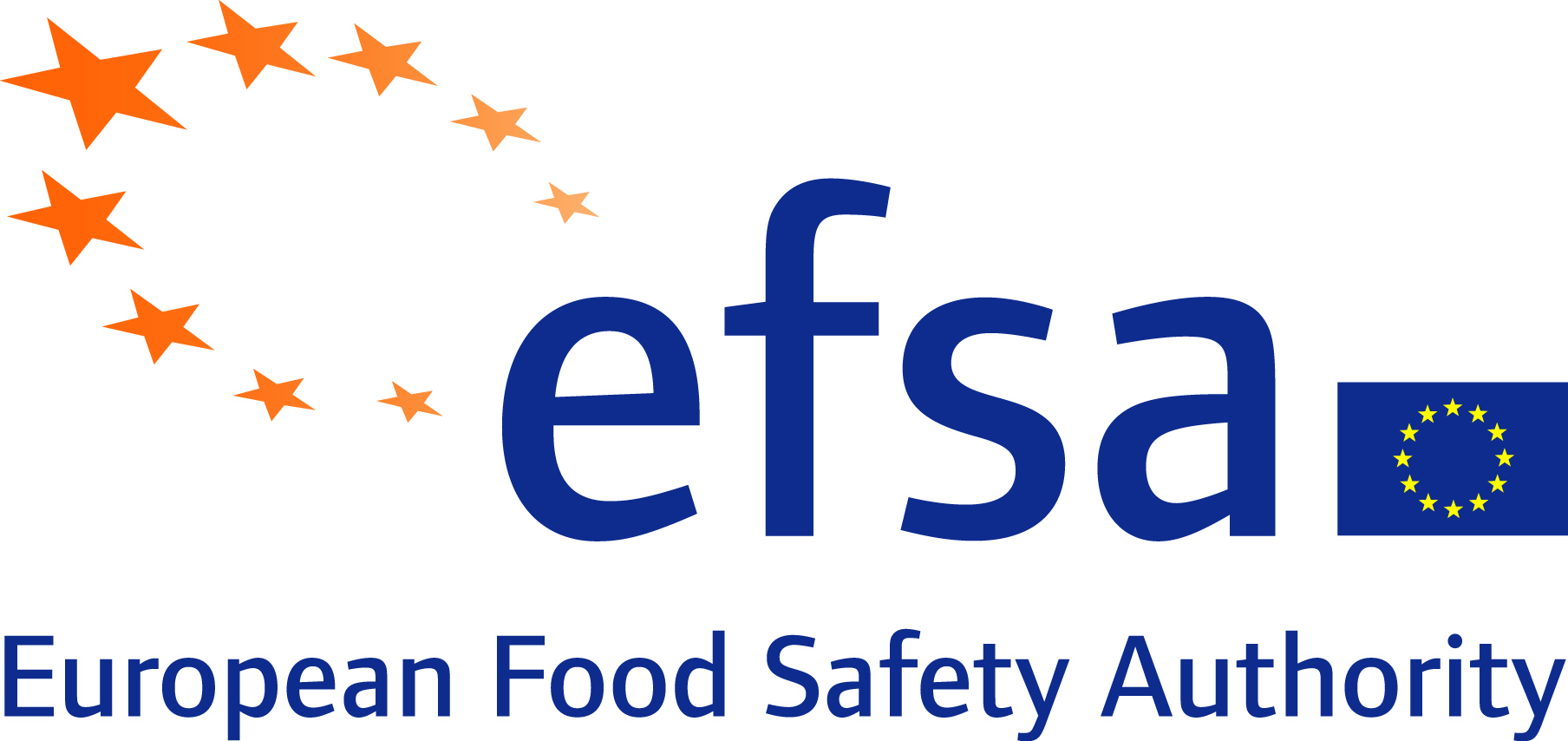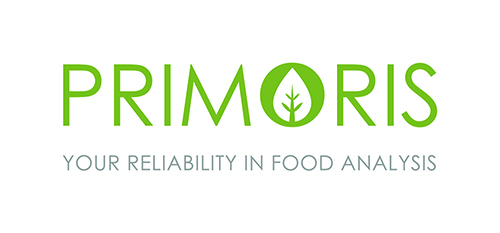|
EFSA: Results EU report 2014 on pesticide residues in food
The European Food Safety Authority (EFSA) has published the 2014 European Union report on pesticide residues in food. The findings of the report conclude that 97% of food samples collected in the European Union are free of pesticide residues or contain traces that are within legal limits. The conclusion is part of EFSA’s latest annual report on pesticide residues in food, which analyses the results of almost 83.000 food samples from the 28 EU Member States – including Croatia for the first time – as well as Iceland and Norway.
This report summarizes the results of the 2014 EU coordinated monitoring program and the results of the overall control activities (reported as national control programs). While the national control programs are mainly risk based, focusing on certain types of products, pesticides or products originating from countries where in the past an increased number of violations was observed, the EU coordinated program is aimed at retrieving a representative snapshot of the residue situation of food products available to consumers. In the framework of the 2014 EU coordinated program, reporting countries were requested to analyze 12 different food products (beans with pods, carrots, cucumbers, mandarins or oranges, pears, potatoes, spinach, rice, wheat flour, liver of ruminants, swine or poultry, poultry muscle/fat).
Main findings:
- 97% of the analyzed samples were within legal limits.
- Of these, 53.6% were free of quantifiable residues and 43.4% contained residues that were within permitted concentrations.
- Of the samples originating from EU/EEA countries, 1.6% contained residues exceeding legal limits; the corresponding figure for samples from third countries was 6.5%.
- No quantifiable residues were found in 91.8% of baby food samples.
- 98.8% of organic products were either free of residues or contained residues within legal limits.
- EFSA used data from the report to assess whether current dietary exposure to pesticide residues presents a risk to the health of Europeans in the long term (chronic) or short term (acute). In both cases, the Authority concluded that exposure is unlikely to pose a threat to human health.
The 2014 European Union Report on Pesticide Residues in Food: here
Source: © Freshfel.org / European Food Safety Authority, 2016 |
|
 |
|


